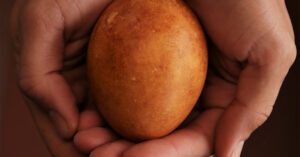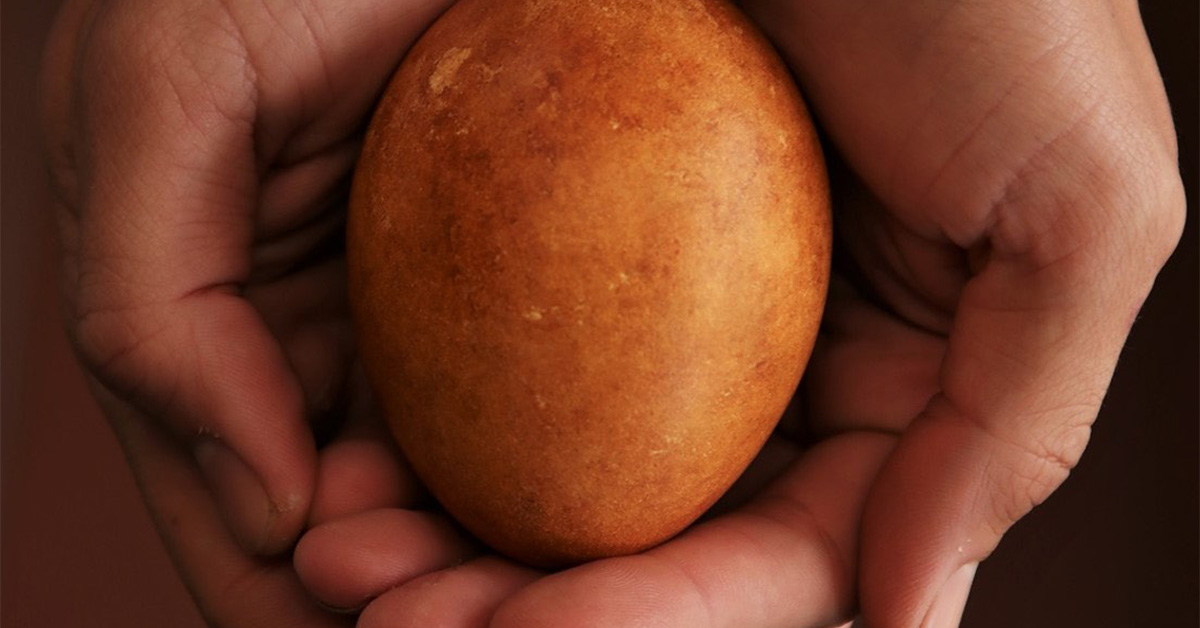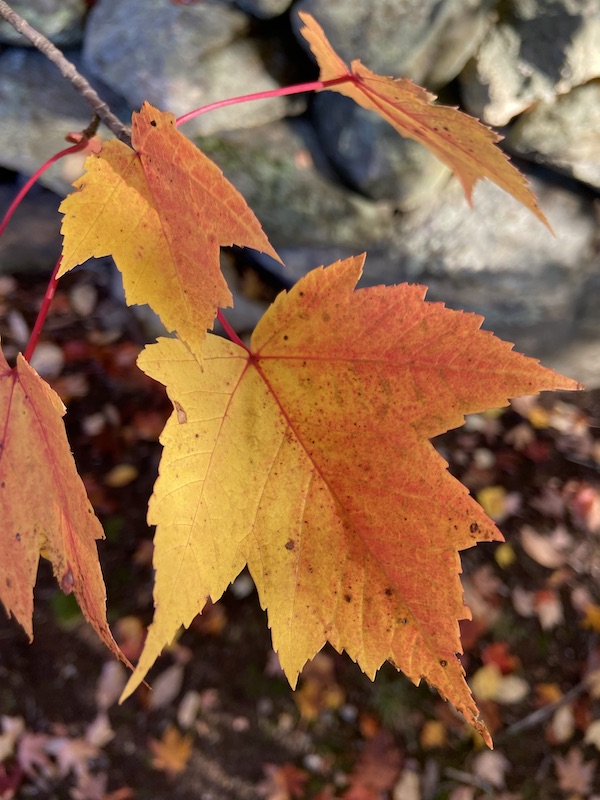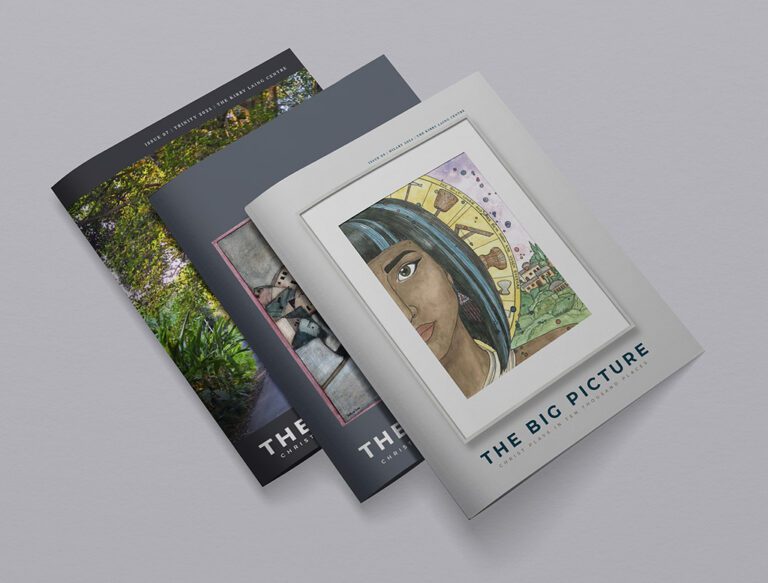

Rev Chris Owen (chris@ribeye-media.com) is a writer, theologian, filmmaker and boatbuilder. His project for reframing public questions using theology and moral philosophy is here: https://www.whatingods.com. Photograph and video (https://www.youtube.com/watch?v=LDlyBu5mqe8) by Chris Owen.

The sap rises in the maple each spring after the squeeze and release, squeeze and release of winter.… Bodies, light, sap, our language.… Would God put himself into the body of a man if what he wanted was to escape the body?(2)
Winter is forgetting.
January’s northwest wind blows feet of snow in drifts and eddies along the rock wall, covering last fall’s leaves. The days are getting longer in New Hampshire, but the nights are getting colder. Even the stones contract and clench, defending against the sharp air.
We light a fire, and bank it with split ash and dry oak. In the evening, in the orange glow of hot coals, we try to remember, but the memory remains out of reach, buried, frozen. We sleep through the January moon, whose light turns the white snow blue.
In early February the wind calms, and the sun thaws the ice along the granite wall near the sugar maple. Snow trapped in the old tree for weeks, a white patch in the saddle between trunk and limb, melts and falls at last, drops of water holding light.
It’s time again. The sap is rising.
I put on my hat, boots, and gloves. In the barn I get my drill and my hammer; buckets and taps; the pan and the stove.
The steel drill penetrates the scaly bark of the old sugar maple. The sharp edge of the bit finds purchase, digs in, pulls deeper. Wet sugar maple flesh, soaked in sap, flies from the drill and spatters on the snow, tan tailings the colour of bread. Before I can put the drill down and pick up the hammer and tap, sap gathers at the rim of the hole, swells, expands, and then releases like a held breath, overflows in a tiny torrent, a stream, and drips down the craggy bark like oil down an old man’s beard.

The end is sweetness, but we don’t get there without suffering. We know this already, but we always forget, always need to remember. There is no sweetness without injury, no dawn without the long midnight watch that feels endless, no gentle puff of a southwest breeze without the arctic blast. We want to imagine an innocent past, or gain without cost, but that would be forgetting.
Sap has a sweetness in it. You can taste the hint; it’s aqua vitae, water of life. Sugar is heat, is light; sap is springtime dissolved in water. I gather it in buckets, refine it with fire, strain it through felt and ladle it into jars. I lick the drippings that stick to the pot: maple syrup.
The reason we pray at mealtime is to remember all of this: to remember the wound in the earth, the furrow, from which wheat rises; the wound in the tree, the hole, from which syrup comes. All of this is gift and grace, Christ in ten thousand places, calling us to remember that unless the grain of wheat falls to the ground and dies, it remains alone; calling us to remember that there is no Easter without the pain of Friday and the despair of Saturday; calling us to repent of our innocence, as though we could live as gods, the original givers of grace rather than the receivers. No. Every life must affirm the negation by which it lives, or be lost.
Out of his side flows living water. We receive it as gift, the sweetness of Christ.
The discipline is prayer, and prayer is remembering. Every day we begin again.

Get the latest issue in print or subscribe for the next three.